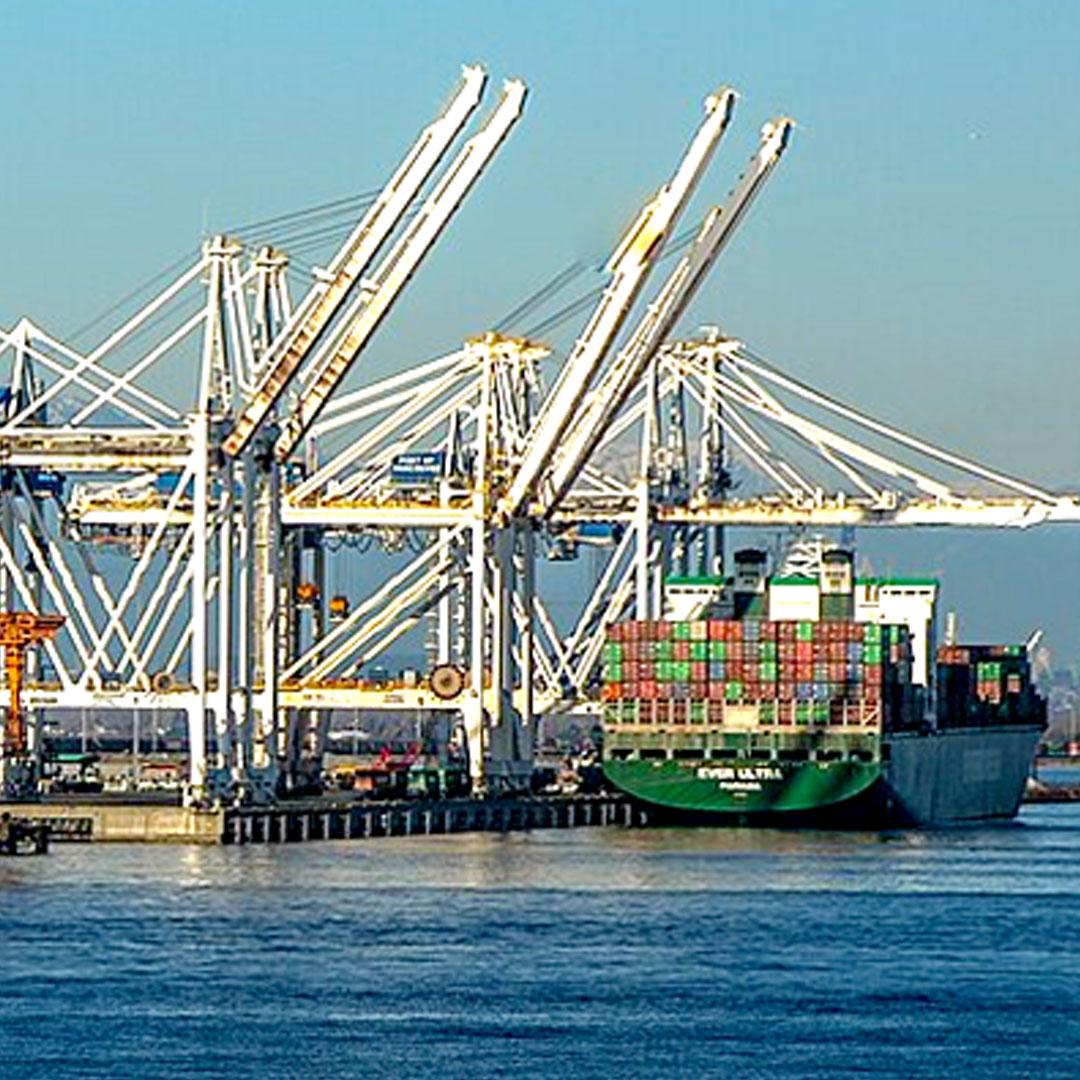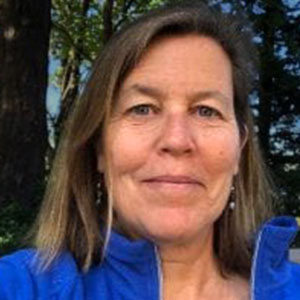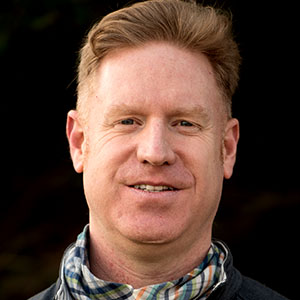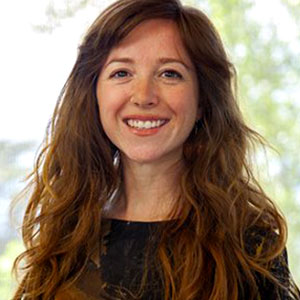
Event Details
When:
-
Location:
Online: Zoom
Price:
Free
Brought to you by:
Salish Sea Institute, WWU Alumni Office
Description
Check out this video to watch the Emerging Issues in the Salish Sea Series Roberts Bank Terminal 2.
Examining the Process of Balancing Economic and Environmental Interests at the Border
This shipping terminal expansion project proposed by the Vancouver Fraser Port Authority would occur in a highly important ecological area for migratory birds and other wildlife, including juvenile Chinook salmon. The environmental impacts during and after construction would be significant to several Salish Sea species, including Southern Resident killer whales that are already in peril. While proponents of the expansion have argued for its strong economic incentives, the opposition to this project is also strong, coming from scientists and environmental groups in BC and WA, labor groups, the Lummi Nation and some First Nations. This project demonstrates the challenges of managing an international ecosystem with a growing economy while striving to protect iconic species that are also important economically and culturally. And yet many people haven’t even heard about the project. Join us to learn more.
Photo Label:
The twin-terminal Roberts Bank port facility, managed by the Vancouver Fraser Port Authority, will increase its capacity significantly as a result of the forthcoming expansion known as Roberts Bank Terminal 2. The project, located on the Salish Sea coastline in Delta, British Columbia, was approved by the Government of Canada in April of 2023.
Featuring:

Ginny Broadhurst, Speaker
Ginny Broadhurst started as the Founding Director of the Salish Sea Institute at WWU in June 2017. She brings over 25 years of experience promoting stewardship, protection and restoration of the Salish Sea to the Institute. In her role as Director, she led the development of the State of the Salish Sea report published in 2021 by the Institute and has created many new Salish Sea focused programs that are bringing science and management strategies forward for a healthier Salish Sea. She was instrumental in the development of a minor in Salish Sea Studies at WWU and led the successful administration of several international Salish Sea Ecosystem Conferences. Prior to this appointment, she spent 10 years as the Executive Director of the Northwest Straits Commission; and previously held staff positions at NWSC and the Puget Sound Action Team in Olympia, WA. Broadhurst has served on numerous regional and international advisory groups related to marine debris, ocean acidification, marine protected areas and coastal ecosystem health. In April 2023, she was appointed as a Gubernatorial representative to the Northwest Straits Commission. She is on the Board of Bellingham SeaFeast and serves on the US/CAN Statement of Cooperation Workgroup. Broadhurst holds a BS in Environmental Conservation from University of New Hampshire and a Masters in Marine Affairs from University of Washington.

Derek Moscato, Speaker
Derek Moscato is a professor of journalism and public relations at Western Washington University. Moscato’s research examines the confluence of environmental communication, global media, and persuasion. Among other scholarly works, he is the author of Dirt Persuasion: Civic Environmental Populism and the Heartland’s Pipeline Fight (University of Nebraska Press) and the forthcoming Environmental Strategic Communication: Advocacy, Persuasion, and Public Relations (Rowman & Littlefield). In addition to his work with the Salish Sea Institute, Moscato is a research fellow with WWU’s Center for Canadian-American Studies, and faculty affiliate with the Border Policy Research Institute. He also writes for the Salish Current and USC’s Center for Public Diplomacy blog.

Natalie Baloy, PhD, Speaker
Natalie Baloy, PhD, is an Assistant Professor in the Department of Anthropology at Western Washington University. Dr. Baloy’s work is informed by scholarship in critical Indigenous studies, settler colonial studies, and interdisciplinary/transdisciplinary collaborations toward transformation in context and community. She collaborates with colleagues across disciplines and institutions to design interdisciplinary courses and research projects. Prior to joining the Department of Anthropology at WWU, she had a postdoctoral appointment as the Ethics Project lead at the Center for Collaborative Research for an Equitable California at the University of California, Santa Cruz (2014-2016), and she served as the Associate Director of the Salish Sea Institute, the Border Policy Research Institute, and the Center for Canadian-American Studies at WWU (2017-2022).
Accommodations and Other Details
Contact the WWU Alumni Office if you have questions. Feel free to email Alumni@wwu.edu or call (360) 650-3353.
Advance notice for disability accommodations and special needs is greatly appreciated. Please indicate your special needs on the registration form.
There will be auto-captions available for the Zoom webinar.